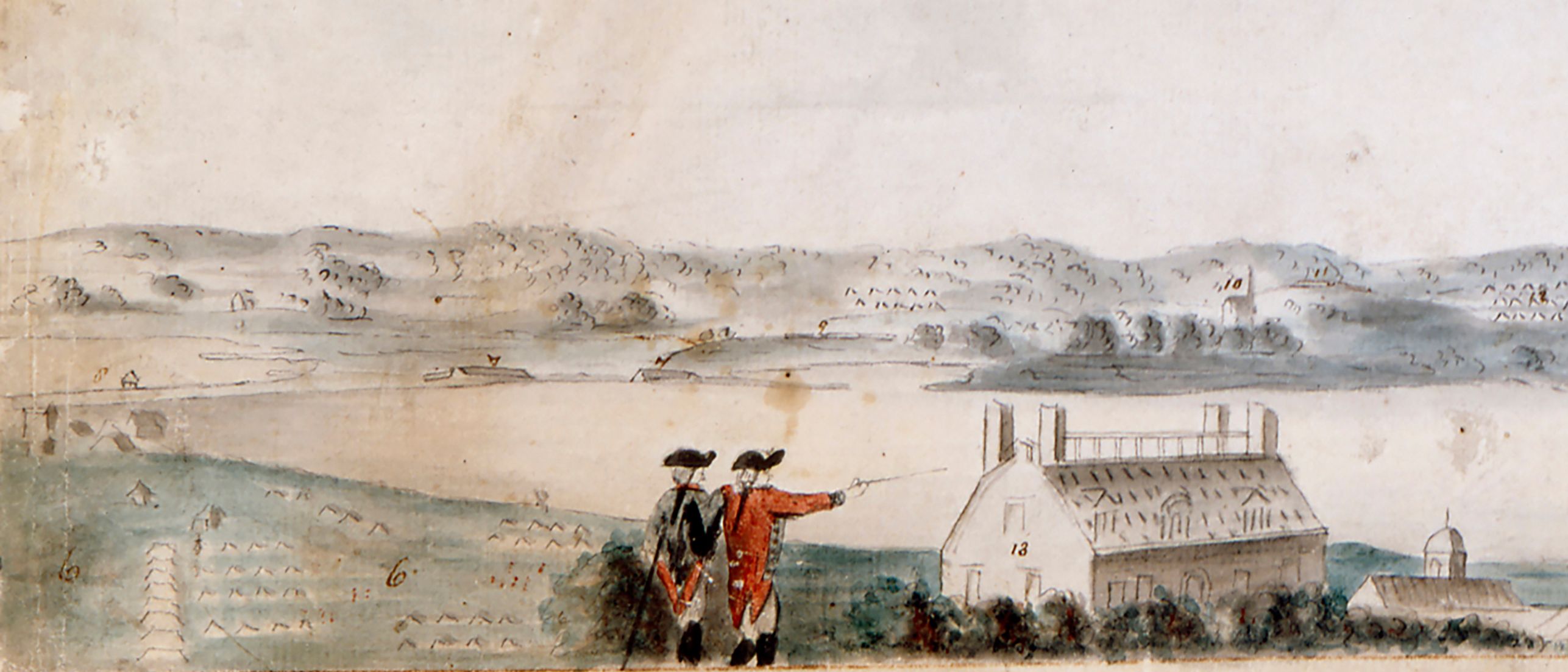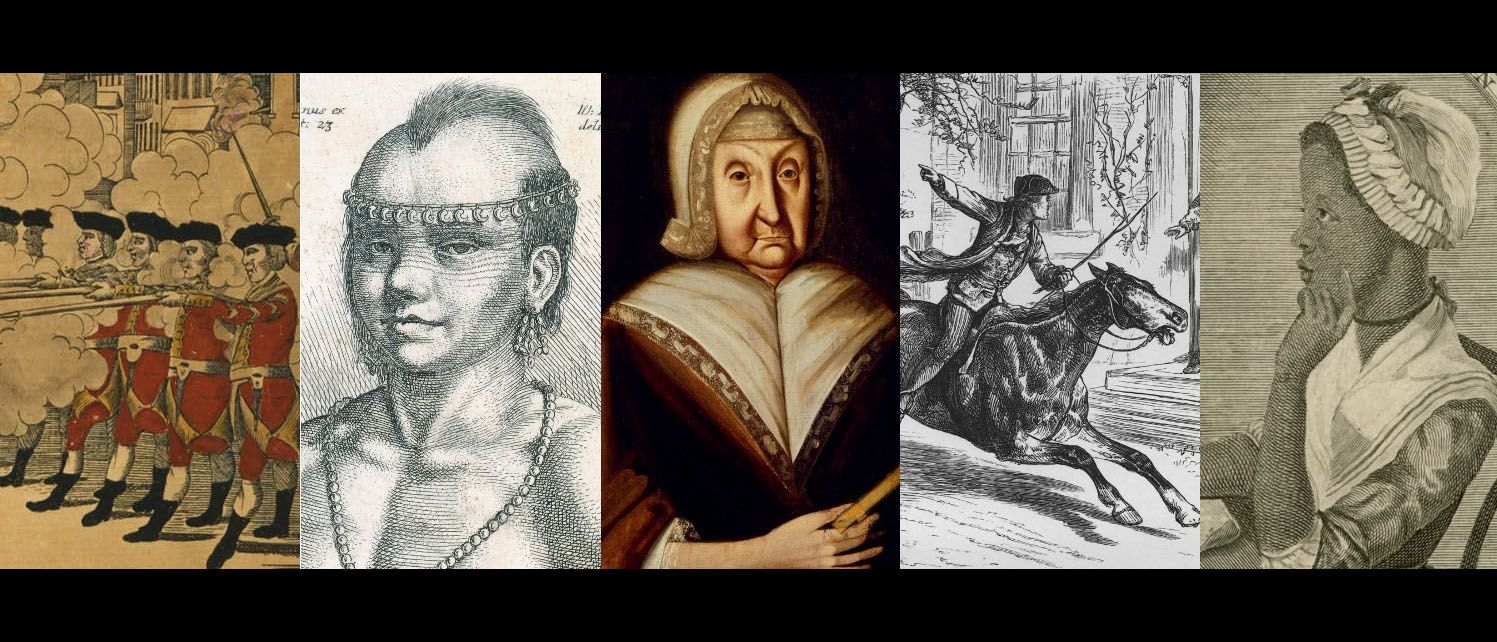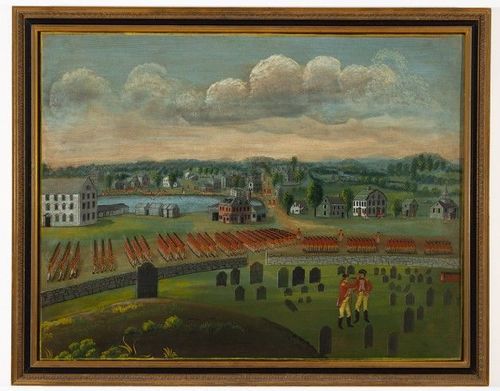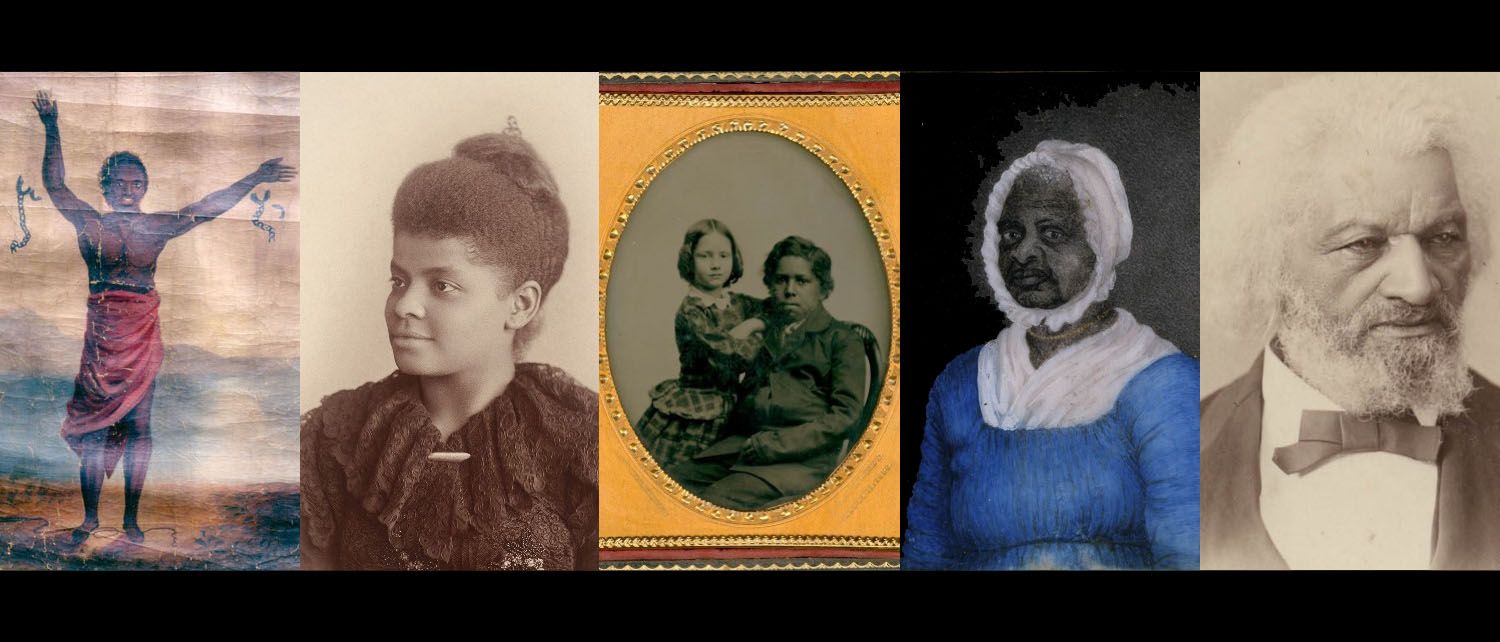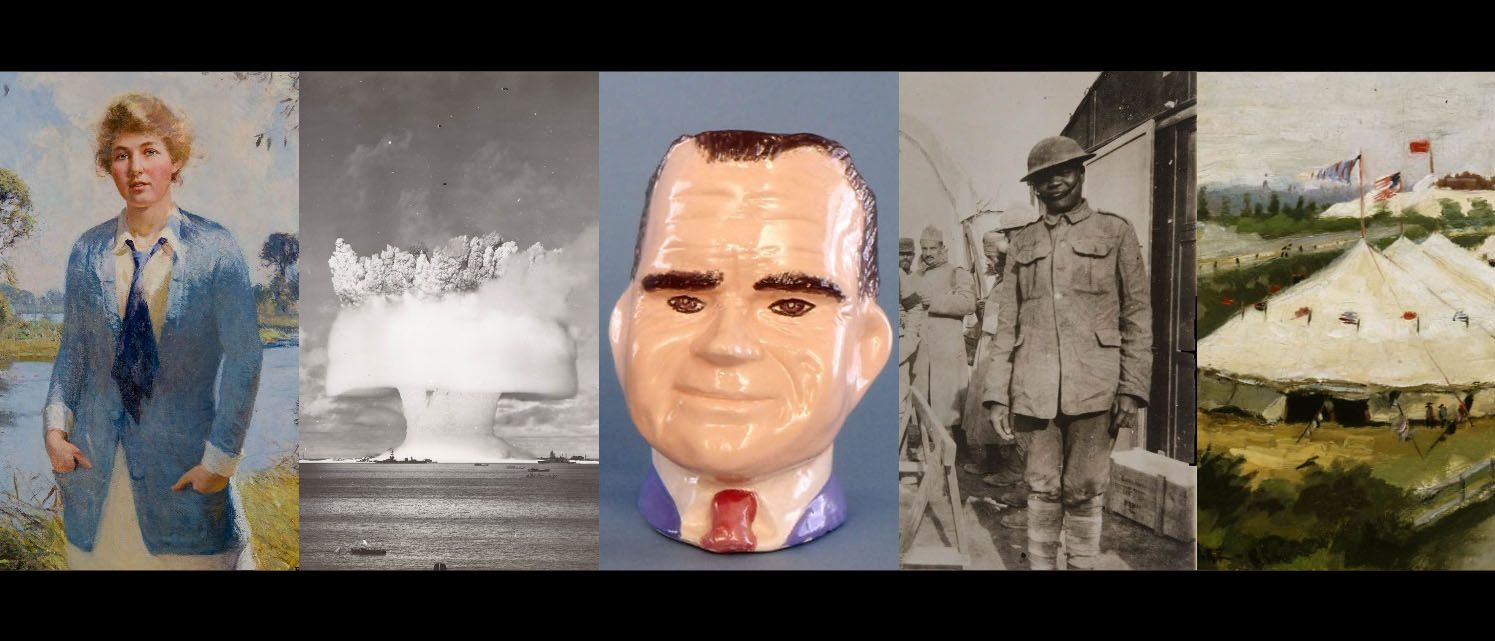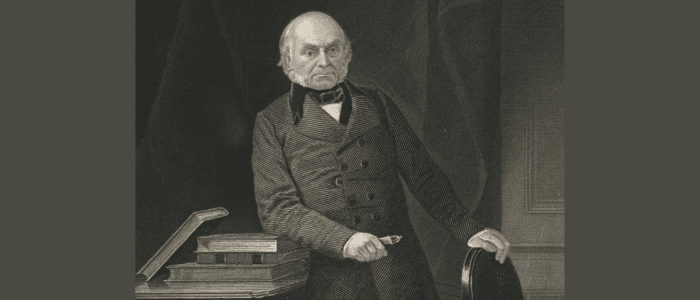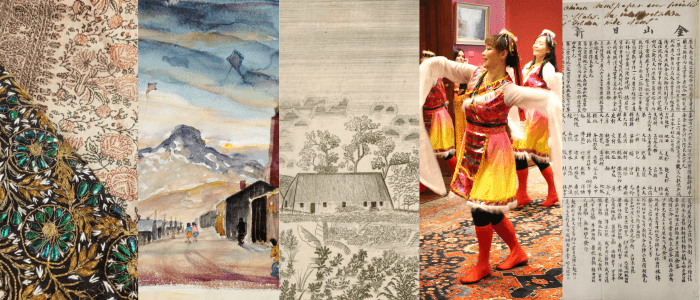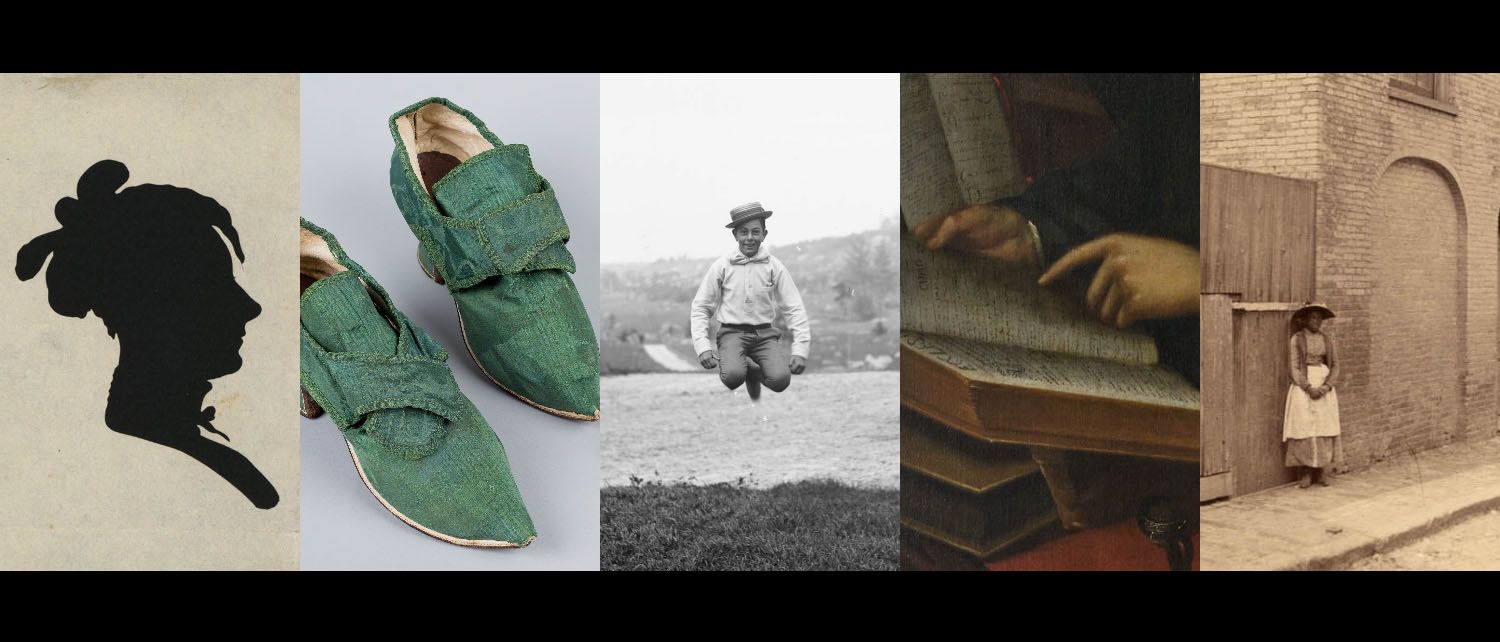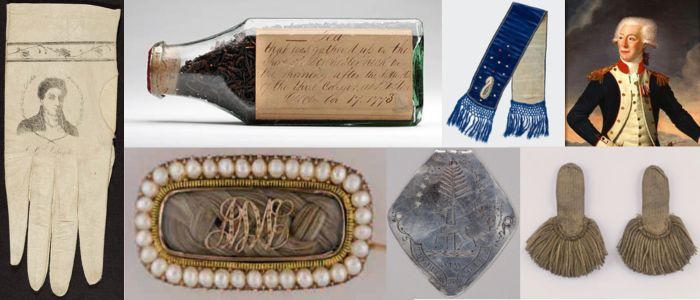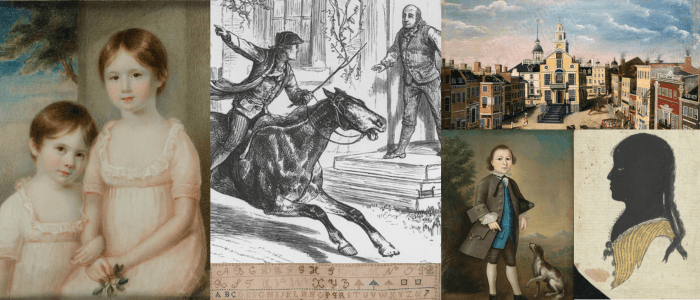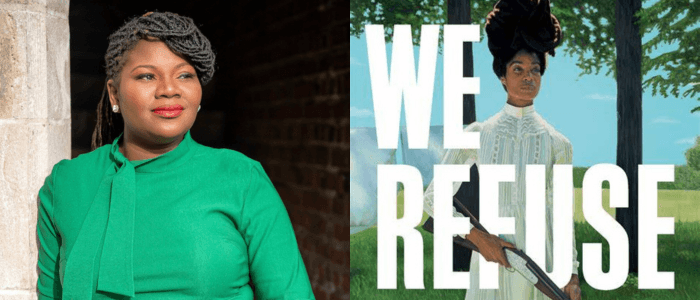Event

"May It Please Her Honor": The United States’ First Women Judges, 1870-1960
Author: Elizabeth D. Katz, Washington University School of Law
Comment: Virginia Drachman, Tufts University
This is a online event.
Between 1870 and 1960, at least 120 women served as judges in the United States. At the time of their service, these pathbreakers attracted significant attention because they seemed to embody the promise and perils of women’s increasing political and professional power. Today nearly all are forgotten. This project provides the most comprehensive account of the country’s first women judges, unearthing the obstacles that impeded women’s equal access, as well as the strategies women pursued to join the country’s judicial benches.
The History of Women, Gender, & Sexuality Seminar invites you to join the conversation. Seminars bring together a diverse group of scholars and interested members of the public to workshop a pre-circulated paper. Learn more.
Purchasing the $25 seminar subscription gives you advance access to the seminar papers of all seven seminar series for the current academic year. Subscribe at www.masshist.org/research/seminars. Subscribers for the current year may login to view currently available essays.
Online Event
The virtual seminar begins at 5:00 PM and will be hosted on the video conference platform, Zoom. Registrants will receive a confirmation message with attendance information.
